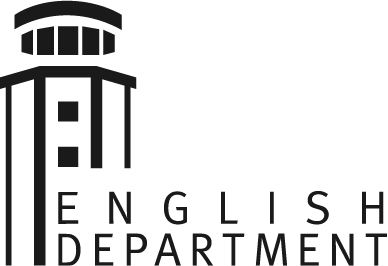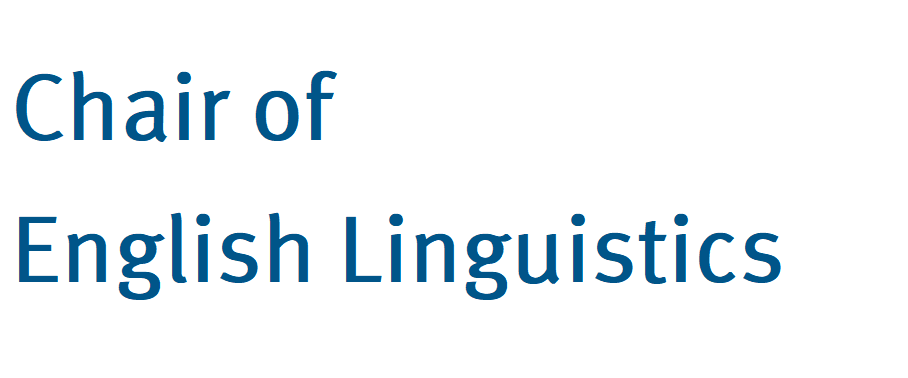Standardisation processes in Nigerian English
English plays an important role in Nigeria as the language of education, media, politics, administration, business and commerce. The hundreds of local African languages spoken in Nigeria, the different colonial histories of the various regions of the country as well as the different lengths of exposure to English in the education system of Nigerians have caused the great structural variation that can be observed in the English currently used in Nigeria. It is the aim of the project to describe this variation and to find factors and processes of linguistic standardisation in Nigerian English. To this end, a corpus of spoken and written Nigerian English will be compiled and analysed, and acceptance studies will investigate the spread and affective evaluation of typical Nigerian lexical, phonological and morphosyntactic features by Nigerians. The project will thus both contribute to the systematic study of the linguistic features of Nigerian English and help to further develop current theories of the form and factors of standardisation processes in postcolonial varieties of English.
The project is funded by the Deutsche Forschungsgemeinschaft (GU 548/6-1).
Project members:
Prof. Dr. Ulrike Gut, project leader
Anja Moemeke-Choon, M.A., research assistant
Robert Fuchs, M.A., research assistant
Silke Elisabeth Stagg, Sebastian Sanudo, student assistants


